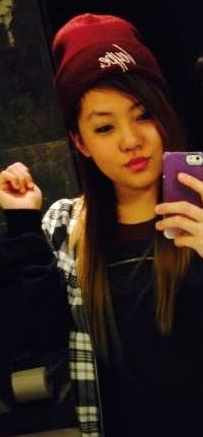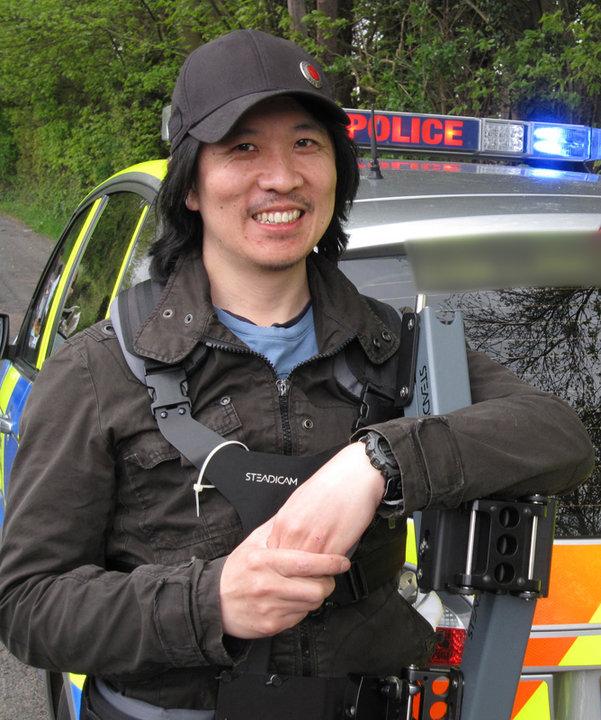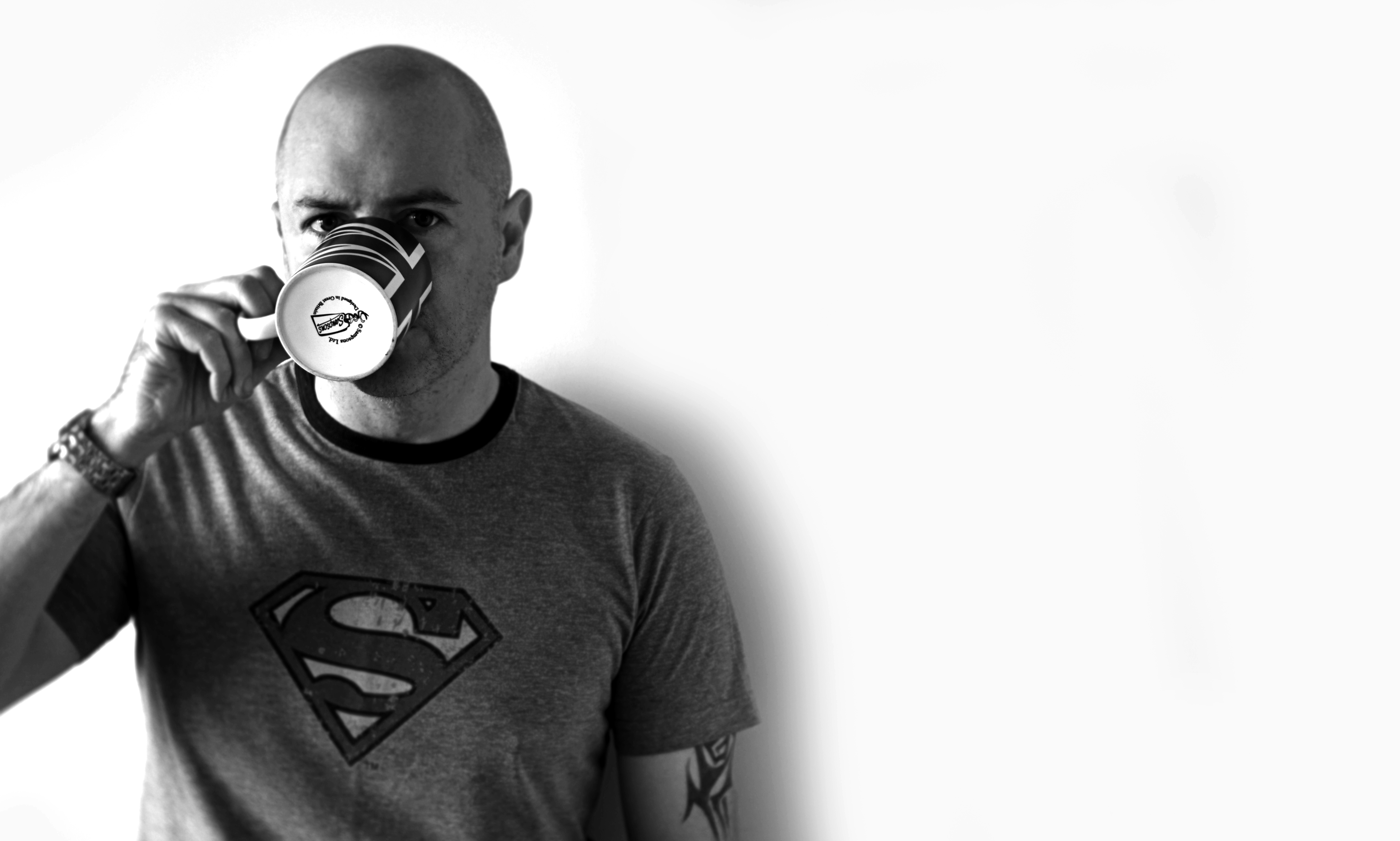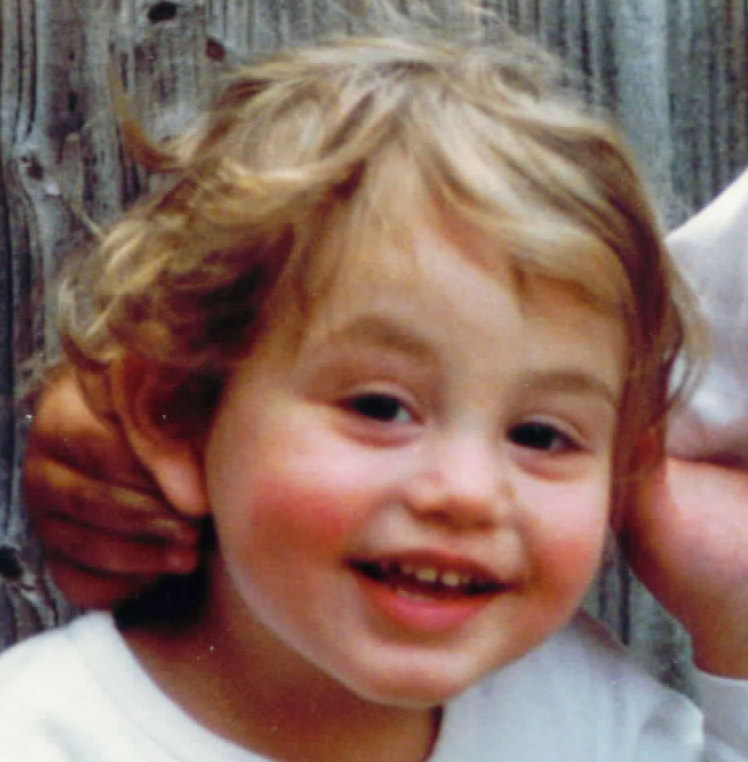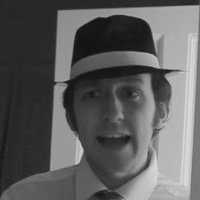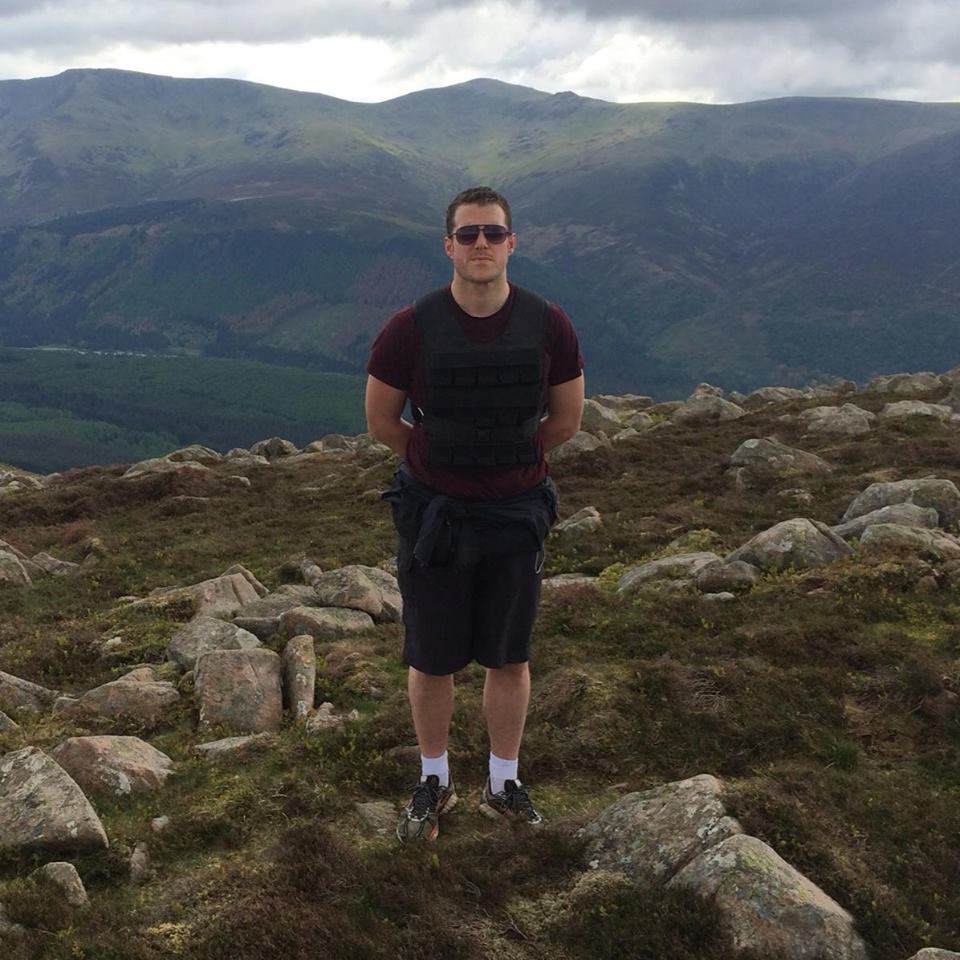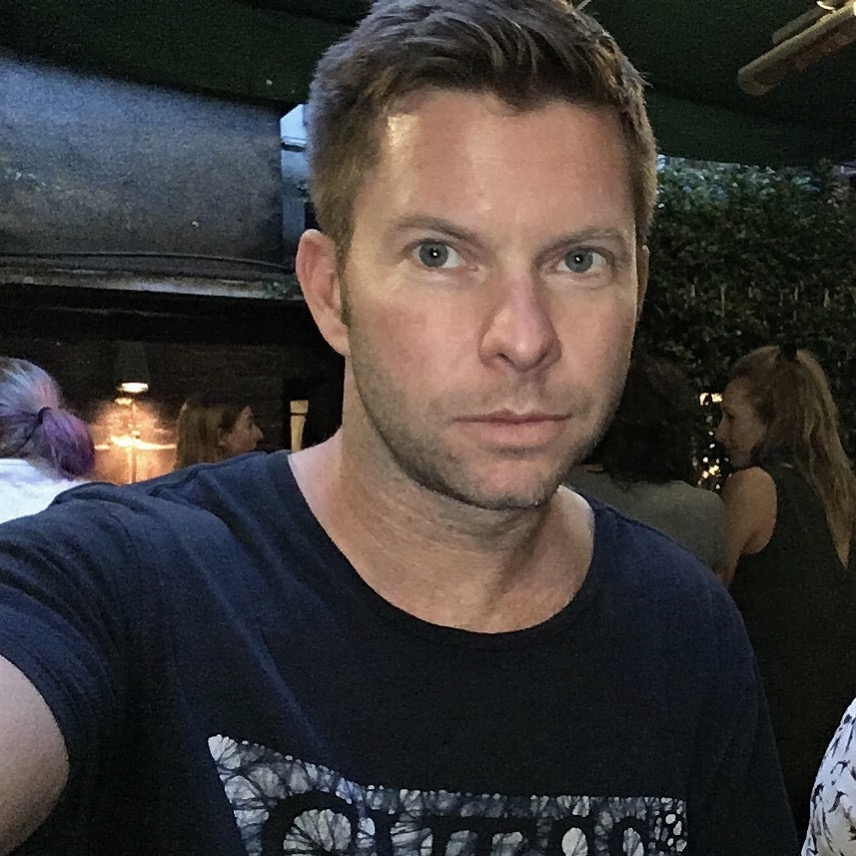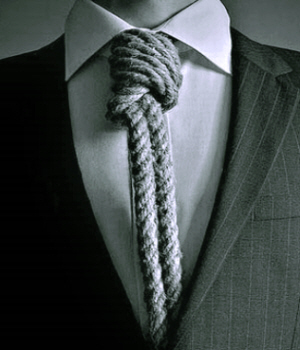ASK & DISCUSS
INDEXhow can i make my short films better quality
11 years, 3 months ago - lyly bui
i have got a canon 5d mark 3 and I'm using a 24 - 105mm Lens and editing on adobe premier but i can't seem to get really good quality and a finishing touch like other short films,I've always self taught and this is the thing I'm really struggling with.
please help
Only members can post or respond to topics. LOGIN
Not a member of SP? JOIN or FIND OUT MORE
11 years, 3 months ago - Paddy Robinson-Griffin
I'd spend that £200 on getting an aspiring DoP to bring their own lights for a day or two. Just having equipment doesn't mean you know how to use it, and it's the skill involved in the using of it that makes the difference.
Either that, or buy secondhand quality lights, not cheap Chinese imports which are sometimes dangerous (I've seen them melt exposing wires, poor construction, too-thin cabling etc). I've bought secondhand theatre lights 3 for £60 before, and worked perfectly well.
11 years, 3 months ago - lyly bui
thank you very much guys for your answer also when you are talking about lighting could i get these?
11 years, 3 months ago - lyly bui
alright so should i buy a different one than them ones i sent u the link to?
11 years, 3 months ago - Kays Alatrakchi
There's a saying -- it's not the gear but who uses it (or something like that). You need experience. Just take your time, developing the necessary skills to make good looking films take time. Practice and read, and watch...but really watch. Analyze what you see, try to understand why a certain movie looks a certain way. It just takes time, years...sometimes a lifetime!
11 years, 3 months ago - Eric C Y Young
Everyone has given good answers.
Another way would be to look at memorable scenes from your favourite movies. Then watch then over and over several times, analysing them from a different perspective each time. Eg.
1) Just listen to the sound. Notice how many elements & layers of audio there are there? Notice how clear the dialogue is - that involves getting the microphone as close as possible to the speakers without being in shot (just out of frame)
2) Watch without sound (so you can concentrate on the pictures). Where have they put the camera in relation to the subjects? Eyelevel, higher or lower angle? What other stuff is in shot in the background and foreground and to the sides? Eg the bed behind your sofa in your film is ugly & distracting. A blank wall can be made more interesting with pictures or other "set dressing".
What lens focal length have they used? Experiment with framing your subjects the same size while varying your zoom - notice the effects that has - easier done outside where you won't run out of space when trying to frame the same at 105mm.
3) Watch the camera movement. What effect does each type of movement have?
4) Look at the lighting. How many lights? How big are the lights? How bright? How far away? What colour are they? Where are they in relation to the subjects? What's been left in shadow?
The more of these questions you can answer, the more you can apply them to your own filmmaking. There is always more to learn, and everyone starts from ignorance. Keep learning.
11 years, 3 months ago - Andy Dodd
I'm gonna chip in - all of the above - none of the above. It's the old case of watching Canon promotional videos and other peoples' videos and trying to aspire to that and wondering why you can't get the 'look' straight out of the box? Well they have - professional equipment - excellent lenses - sliders, tracks, colourists, cinematographers, etc etc.
People add videos on YT and Vimeo - they have little tricks they use! It's not necessarily that their 'original' video is better than yours - but they then de-noise, add unsharpe masks in AE, grade, add curves and so on to make it look better.
11 years, 3 months ago - Joshua Kahan
Hey Lyly,
Pretty much everything that has been said before.
Sound is key. You can make the shittiest footage bearable if you have good sound and some nice editing. Case in point Michael Bays Transformers (ho ho ho).
I had a look at your film 'Haunted' and my suggestion would be shot composition. Rather than shoot downwards (sofa scene), keep the camera at their level, try out close ups on each person when they're speaking.
11 years, 3 months ago - lyly bui
hey a here is one of my recently films https://shootingpeople.org/watch/125454/haunted
11 years, 3 months ago - John Waters
Hey there,
As someone who has also self taught and over the course of 3 years gone from this:
http://www.youtube.com/watch?v=Vi0WtCPFgm0 to https://vimeo.com/52745318 I hope you don't mind a few tips.
Well done on getting out there and shooting something, that's the first bit. Now just keep going, do what people have said here, copy what goes on in your favourite films, make notes on how they edit things together, absolutely no harm in copying for learning. Read as much as you can about film and how to make film, follow all the blogs and tutorials you can, set yourself tasks like 'I'm going to learn how they did that Dolly shot in Jaws then do a copy with some toys' or whatever.
I wouldn't worry at this stage about your gear - particularly lights - at the stage your at they aren't going to be very helpful. Just use the natural light, learn to use your camera, learn about F-stops, depth of field, all that good stuff. Once you've done something you're happy with in natural light, it'll start to become clearer to you what kind of lighting you need and what's affordable.
Definitely don't spend the £200 on lights. Spend it on good books.
Again, at this stage, I don't know how much value you'll get from having a DOP - you can learn a shit tonne from watching any good DOP work but I'd try to get a few more of the basics down first.
Good luck :)
11 years, 3 months ago - Gareth Bowler
once again canon 7D and sigma 30mm, vimeo.com/38775602 don't buy another thing until you can achieve this with what you already have.
11 years, 3 months ago - Paddy Robinson-Griffin
It could be the lighting - a great camera will look lousy if a scene is badly lit and a rubbish camera can still look great with great lighting. Similarly, crisp sound helps the picture look good (no, really! If the sound is poor, people know something is up,and criticise the lighting because it's all they can see!) - DSLR shooting can mean ropey audio without a separate sound recordist and device.
11 years, 3 months ago - Gareth Bowler
I'm not trying to plug my own work here but this was shot on a 5dmk3 https://vimeo.com/100327840
this course made all the difference in my work https://www.creativelive.com/courses/commercial-portraiture-joeyl
11 years, 3 months ago - John Lubran
There's no one way to progress, there's hundreds. Aptitude and opportunity are essential but one can always make ones own opportunities if no others emerge for you.. Those who keep pushing the notion that it takes years to become an artist shouldn't take their own case for a generality. Personally, when I was a young beginner, I was always helped by my enthusiasm for the tools and where I've been able to do so I've acquired them so that I can play with them anytime I like without a 'by your leave' from anyone. When I was beginning I bought a whole bunch of lights including a three red head kit with gels and filters. I bought tungsten work lights and jury rigged diffusers. I bought some reflectors and made some . Without having to spend a vast fortune I acquired grips and mics. I bought kit at auctions and second hand. All those things are still in my inventory because whilst they may now be old they still work at any level. Damn good investments. When proper professional broadcast cameras cost a fortune cameramen often owned their own grips, lights and lenses and used other peoples cameras; things are different now. Owning kit made my development much faster than reading about how to use it. What you see is what you get, nothing teaches faster. Learning fundamental skills is basic stuff and can be learned over a weekend. Framing, camera movement and lighting is basic stuff. Learn about the rule of thirds; learn why the camera should never move one iota unless its meant to. A good film always includes the fact that the audience (apart from film making nerds) are never made aware of the people making the film or the technical processes involved. Learn about shooting sequences that the editor can put together. If it's not been shot it can't be edited. Learn the 'golden rules' so that you're qualified to beak them; it's not brain surgery and it can all be written on one side of A4. After almost 120 years of motion film making and literally millions of productions, there's nothing new in film making, That's NOTHING; other than new technologies and and an infinite number of themes upon the seven stories that metaphorically make up the entire number that have ever existed; beware the allure of callow conceit showing off puerile devices, they are merely risible. A good story, fact or fiction, will always beat banality no matter how prettily it's shot, but a pretty image with good sound will always make a cracking story a lot better. Spend as much time as you can with those who demonstrate skill and knowledge but never undervalue your own potential. It takes brains, not qualifications!
11 years, 3 months ago - Paul W Franklin
The 5D Mk3 is decent enough (for now) and i wouldn't say lighting is your main issue. Play around with the camera's features.
Things like script, actors, shot choice, sound and music - going by 'Haunted', these are all things that can be improved. Music from the very start can add tension, evoke the right mood. Sound is probably the most important thing. Viewers can forgive bad acting, bad script, bad shots, etc etc, but if the sound is poor, it takes you out of the moment, of that 'film world', and ruins everything.
The bits of flashback are decent enough; the bits with the man and boy at home are not so much. e.g. shot choice. The camera moves for no reason. You probably want the standard Wide shot of them both, mixed with 'conversational' shots (watch absolutely any film/show where, for example, 2 people are chatting in a cafe). It's too bright, like an over-lit TV show; not filmic at all.
These are only suggestions, and hey i'm not knocking you. It's not easy.
And books are fine, but practical experience is also good! Keep shooting stuff. If you want to focus on using the camera, get someone else to write/direct/edit. If you find you can't be arsed with the tech stuff, and prefer writing, do that! Play to your strengths :)
P.
11 years, 3 months ago - Paddy Robinson-Griffin
Better sound probably by being the mic off the camera and close to the action, 'red heads' are slightly old-fashioned but absolute work-horse lights, either 650 or 800 watts. You can also as I mentioned look at ex-theatre lights which are cheaper if slightly less versatile.
Alternatively, there are more modern LED kits coming through, cooler and easier to run - but the cheapest ones may have frequency and flicker issues so make sure you do a test with an actual camera!
11 years, 3 months ago - lyly bui
thank you very much for the advice I've ordered the book you sent thank you
11 years, 3 months ago - Dan Selakovich
what Paddy and Marlom said. Marlom mentioned this, but I'd really try getting into some color correction basics with DaVinci Resolve. When you get good at it, you'd be amazed at how you can even make crap lighting look really passable. Sometimes even good.
11 years, 3 months ago - Marlom Tander
I'm also self taught, though I started with kodachrome stills which was probably easier. (Once you pressed the button you were done. No post allowed! But brilliant shooting discipline. Even today I'm like "what do you mean, you'll fix it in post?")
Basically for finding out how your camera works, shoot the same stuff on different settings, making notes as you go. Given the complexity of modern camera settings, this is tedious but essential.
Then change the stuff - move lights etc, and repeat.
For editing, use the videos on Youtube - not just the ones for your own software, but for the fundamentals a video for any of the packages might be worthwhile.
For example so long as you filmed it with the right framing and lighting, it's the grading etc in post that really allows you to polish.
In fact I've had one editor tell me that if it looks good (grading, contrast, saturation etc) out of the camera then you've done something wrong. I like to think he was joking, but I made the mistake of asking why and got drowned in jargon :-) Personally, I find that life is too short for that type of editing, but if you are a one woman operation and need polish, learning it goes with the territory. Though if you don't like editing I'd def be trying to find a project partner who LOVES editing because editors who love it do the best work.
It's only once you know that you know it that you can really start worrying about the idiosyncrasies (if any) of your camera, and which can be worked around and which are a hard limit that makes your camera unsuitable for your shoot.
But basically, shoot LOTS, edit LOTS and you'll get there.
AVOID the mistake of spending weeks/months planning great shoots because that's not productive practice. But Vox Pops, local gigs, community media are all ways to shoot in volume that force you to learn fast :-)
Good luck
11 years, 3 months ago - Jamie Kennerley
Lyly,
Listen to what people are saying to you. Making good films is not about the equipment you buy RIGHT NOW, it's about learning how to be a skilled storyteller, and finding your voice and your collaborators. At some point along the line equipment comes into that equation, but it doesn't have to be your own - it could be hired, it could belong to people that do only that (camera, sound, edit etc) and are much better than you at doing it. It's how it works. Spend some time in school first - be that in books, watching films attending classes and workshops or actually at a film school. Doing that will answer most of this for you.
11 years, 3 months ago - Gareth Bowler
then again this was shot on a 60D with one lens https://vimeo.com/38775602 everything you need to learn is out there online but you need to put years in!
I'd forget about film and shoot photography for a while to learn the ropes
11 years, 3 months ago - Gareth Bowler
as for buying lights in that course he shows you how to build and shoot with a soft box made out of things you'll have lying around the house thats good enough to get you going to learn lighting
11 years, 3 months ago - Jamie Kennerley
Hi Lyly,
The reasons for your films not looking as good as you want could be all of the above, or none of the above. The only way we can tell is if you post links so we can watch them. Trying to answer that question without seeing your work is impossible. Can you?
11 years, 3 months ago - Richard Anthony Dunford
Lighting is important for getting the best out of any camera but also think about how you use the framing in each shot. What you include in the frame and how & where you include it to tell your story.
Here's a link to a decent book to help get that cinematic look http://www.amazon.co.uk/Master-Shots-Vol-2nd-Techniques/dp/1615930876/
Has lots of picture examples from famous films and explains why they put the camera where etc
Like Paddy said above though hiring a DOP with their own gear is ideal if you can
11 years, 3 months ago - lyly bui
right thank you for the advice,when you say the sound need to be good how could i make it better,what equipment should i buy because right now I'm just using a rode mic thats connected to my camera and i brought that for £80,if i wanted much better sound what should i buy?

